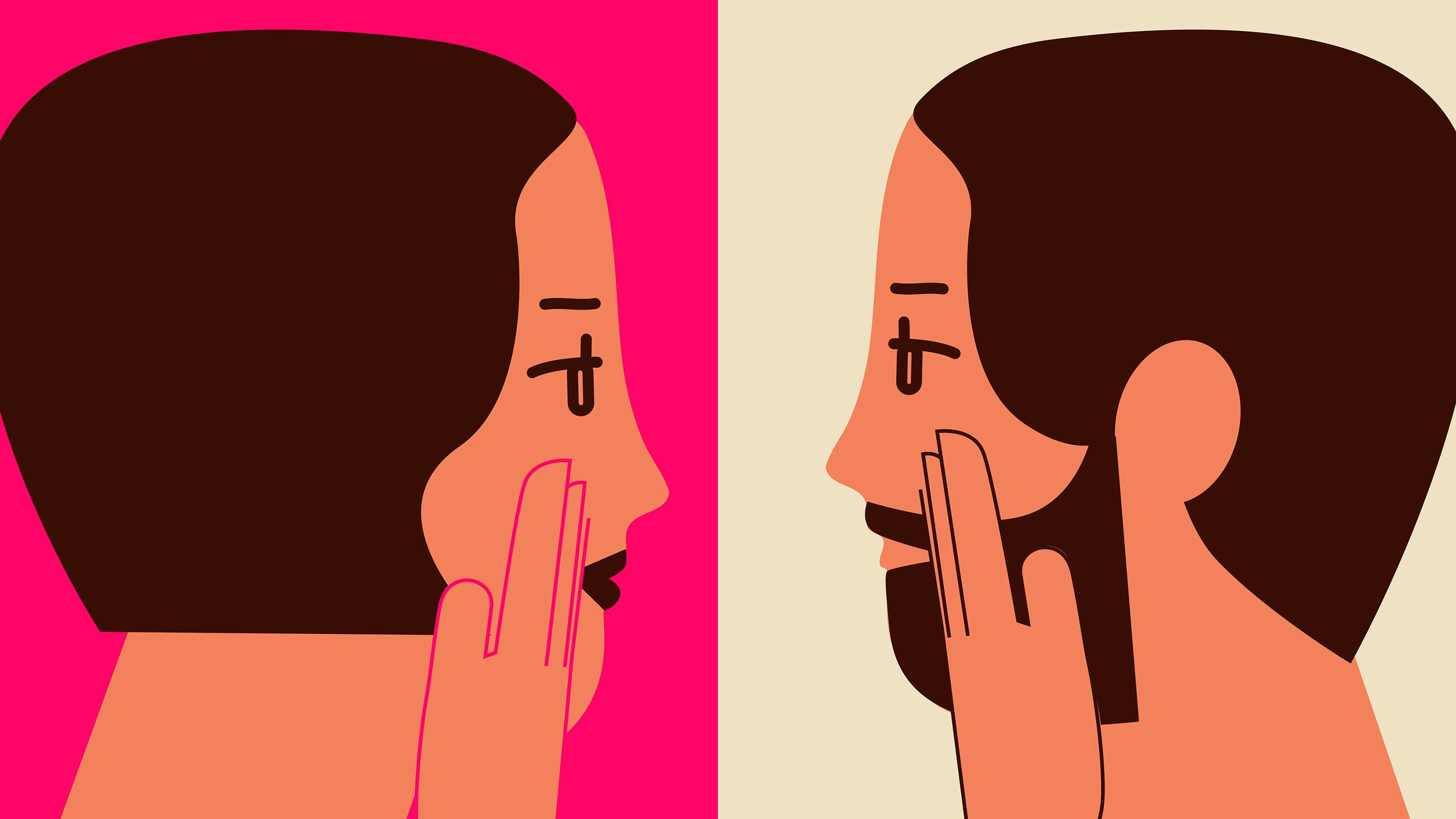Love and Storytelling

For the writer and trans activist Jennifer Finney Boylan, there’s a clear path to people’s hearts—and to a future without fear.
Jennifer Finney Boylan says there’s a healthy dose of Glinda the Good Witch of the North woven through her DNA. The best-selling author, teacher, wife, and mother of two exudes the “things are going to be OK” attitude embraced by the kindly sorceress in the land of Oz that helped Dorothy find her inner strength and way home.
It’s that same rare, sunny optimism that has helped Boylan navigate her own, often difficult, road. And it’s a cheerfulness firmly rooted in “the closest thing we have to a superpower,” she said during a recent interview in her bright, corner Byerly Hall office on Radcliffe’s campus. “The thing that can still change the world. Love.”
It’s not a new thought, but it is rarely put into practice with the kind of confidence and energy found in Boylan, Radcliffe’s 2022–2023 Marilyn Beaudry-Corbett Schlesinger Fellow.
Discussing the power of love always reminds Boylan of her late mother, whom she calls the most “generous, forgiving, loving soul.” The author has spoken often about her fear of being rejected by those closest to her when she came out as transgender in the late 1990s. But when 83-year-old Hildegarde Wilhelmina Boylan—a devoted evangelical Christian and conservative Republican as well as the source of Boylan’s own sanguine outlook—heard the news, she simply rose from her seat, folded her in her arms, and said: “I would never turn my back on my child,” adding, “love will prevail.”
“If I have a mantra, that’s it: Love will prevail,” says Boylan, the author of 18 books, including her best-selling memoir She’s Not There: A Life in Two Genders (Broadway Books, 2003). The book is about her transition, something that would have been impossible, she writes, without the loving support of her family and friends. Still, it was far from easy. Everyone struggled, and relationships changed. But they survived. Later this year, Boylan and her wife, Deirdre, will have been married for 35 years, 12 as husband and wife, and 23 as wife and wife. “In the end, what can you do but try to love people,” asks Boylan, “and try to be worthy of other people’s love?”
Love is a throughline in Boylan’s life, one that guided her path through transition and today informs everything from her writing and activism to her hours in the classroom. She splits her time between her home in Belgrade Lakes, Maine, and New York City, where she is a professor of English and the inaugural Anna Quindlen Writer-in-Residence at Barnard College. A teacher for the past 42 years, Boylan is quick to note that her students aren’t the only ones learning. “Every semester, somebody shows me something I’ve never seen before,” she says, adding that she follows the latest trends in music, movies, and pop culture to help her connect with her students. “I do have to try to understand what their world is like, because how can I teach them if I don’t understand them?”
Above all, Boylan considers teaching an optimistic “act of love,” one that involves encouraging her students to tell their stories, to listen to those completely different from their own, and to dream of a world in which everyone can live with love and without fear.
“It’s hard to be a good teacher if you’re not an optimist on some level,” she says. “You have to believe that there’s going to be a future and that what you’re doing in the classroom is going to help your students live in that future.”

Photo by Lou Jones
Boylan even recognizes the power of love in her advocacy. When she first transitioned almost 25 years ago, she never imagined becoming an outspoken human rights activist, but in the intervening decades, she’s embraced the work. She served as the cochair of the board of directors of GLAAD, the world’s largest lesbian, gay, bisexual, transgender, and queer (LGBTQ) media advocacy organization, helping promote acceptance by sharing the LGBTQ experience. She has been a contributing opinion writer for the New York Times and now writes for the Washington Post, promoting equity and equality in her essays. And she is currently a trustee of PEN America, the nonprofit devoted to defending freedom of expression.
She says she initially thought activism was better suited to the “angry and the serious,” than to a happy optimist. But over time, Boylan has become increasingly troubled by those spouting hate speech and by efforts to discriminate against members of the LGBTQ community. It’s made her angry, she admits, and ready for a fight. “I am a more ferocious and furious person than I was when I first went through transition,” says Boylan, who uses words as her greatest weapons, having learned that “telling stories is activism.”
“You can get under somebody’s skin and into their heart if you tell the right kind of story. And if you tell your story in the right way, you can change the world.”
She is hoping to get under the skin of those who take up her latest novel, Mad Honey (Ballantine Books, 2022), a collaboration with the writer Jodi Picoult. The murder mystery includes a transgender main character whose identity isn’t revealed until almost halfway through the book. It’s a clever narrative twist, one the authors hope will lead readers to fall in love with their protagonist without knowing their history. “When people think of trans stuff they think of issues,” says Boylan. “But no human being is an issue. Human beings are sons and daughters and parents and friends and lovers. And the way you teach people, the way you bring about a moral, is by making people fall in love.”
Love will be woven throughout her Radcliffe project, “Cleavage: Men, Women, and the Space between Us,” a follow-up to her 2003 memoir. She says the book will examine her life over the past 60 years through the lens of manhood and womanhood, something she brings a unique perspective to, having lived as a man and a woman. “I am coming up on 25 years in this body and in this experience of this body in the world, so there are stories to tell,” she says. “But just as interesting, I hope, is the difference between coming out as trans in the late 90s, when I did it, and coming out now.”
Her daughter’s experience as a trans woman will be part of the story. Boylan has acknowledged the irony of her own complicated feelings when her daughter came out to her as transgender in 2017. “I loved that child exactly as they had been. The idea that this person was now going to be different made me think, at first, that something precious to me was being taken away,” Boylan wrote in the New York Times. And, like all loving parents who will do anything to keep their children safe, she was worried. “I know exactly how hard and how cruel the world can be to people like me,” she said in her Byerly office. But Boylan also knows that her own struggle made her daughter’s path a little less fraught. “If things are easier for trans and nonbinary young people now, it’s because there was a generation of people working to bring that about, of which I was one small voice.”
Boylan adds that her daughter has “thrived” since she came out and is “a happier person and more successful in almost every way.”
The author herself is thriving at Radcliffe, relishing the chance to engage with scholars from myriad disciplines. “What I've learned this year is what a unique and amazing thing Radcliffe has become,” says Boylan. “It offers the opportunity for scholars and artists, and scientists to compare notes, and to learn from, and to be inspired by each other. There’s really nothing else that I can compare it to.” Boylan says the weekly fellows’ presentations remind her of her own experience coming out as transgender in the way each scholar is pushing against “people’s natural resistance to the new.”
“All of the talks this year are about thinking about the world from perspectives that would have never occurred to me in a million years. That’s the magic of what Radcliffe does.”

Boylan says she was “one small voice” raised to make it easier for today's trans and nonbinary young people. Illustration by Monika Jurczyk/Adobe Stock
The author relies on her own brand of magic when it comes to writing fiction. Unlike others who craft elaborate outlines, Boylan likens her practice to that of a miner hunting for bits of gold. She starts with an idea she will “shake to its core” by the end of her first couple of chapters. She then reconstructs the book around that altered frame, creating a “new balance and harmony between her characters.”
But Mad Honey required a fresh approach. Because each writer was taking on the voice of a different narrator, coordination and meticulous planning were critical parts of the process. It was an adjustment for Boylan, but it paid off. The book was on the New York Times Best Sellers list for 26 weeks.
Boylan arrived in Cambridge with a few different book projects brewing, among them the story of nine groundbreaking women who could “serve as inspiration to us today,” she says, including the singer and songwriter Mama Cass; the dancer, singer, and actor Josephine Baker; and the journalist Nellie Bly. She was also considering writing about the doomed aviatrix Amelia Earhart with the help of the Schlesinger Library’s extensive Earhart papers. (Boylan donated her own archive to the Schlesinger in 2018.) But the Earhart project, she says with a wry smile, “never got off the ground.” It still might. She is playing with the idea of another collaboration with Picoult in which they again alternate chapters, following both the story of Earhart’s disappearance and the efforts of searchers to find her.
What’s most interesting to Boylan, unsurprisingly, is the love people still have for the intrepid, boundary-breaking explorer who vanished in 1937 while attempting to circumnavigate the globe.
“I don’t know that there’s a whole lot new to say about Amelia Earhart,” says Boylan, “but there’s a lot to say about why we’re haunted by her all these years later.”
Colleen Walsh is a freelance writer.







